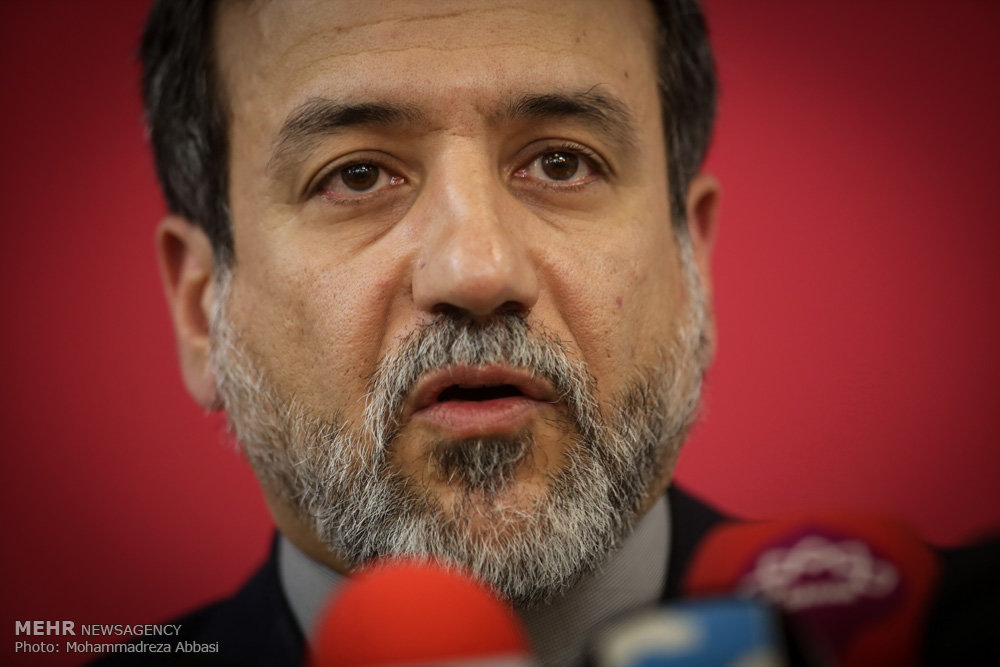Iran sees politics behind election of S. Arabia to UN rights panel

TEHRAN – Iran said on Sunday election of Saudi Arabia to serve on the United Nations Human Rights Council is politically motivated, citing crimes committed by the regime on, inter alia, women and children.
“Election of certain countries such as Saudi Arabia is the best proof to believe that international tools of human rights are merely at the service of political interests…” said Iranian Deputy Foreign Minister for Legal and International Affairs Abbas Araghchi on Sunday.
He was making the comments on the sidelines of a ceremony held in Tehran on Sunday to mark UN Day (October 24), the 71st anniversary of the entry into force in 1945 of the UN Charter.
Saudi Arabia, and thirteen more countries, were elected on October 28 as new members to the 47-memebr body for three-year terms beginning on January 1, 2017.
Created in 2006, the Human Rights Council is an inter-governmental body within the UN system responsible for the promotion and protection of all human rights around the globe.
Riyadh’s election to the board is ironical, Tehran says, considering its notorious crackdown on women’s rights inside the country, and killing of thousands of Yemeni children, on since March 2015 when it launched an invasion on Yemen.
“Election of a regime that is known to all as a child-killer and deprives women of their least rights indicates that decisions made at the Human Rights Council, and all other international mechanisms related to human rights are politically motivated,” Araqchi noted.
According to a 2016 report by the Human Rights Watch on Saudi Arabia, the country’s “discriminatory male guardianship system remains intact despite government pledges to abolish it.”
Under such discriminatory system, Saudi women are banned from obtaining a passport, marrying, travelling, or accessing higher education without the approval of a male guardian.
Yet, the election is objectionable from another aspect. As recently as June, Riyadh ratcheted up pressure on UN chief Ban Ki-moon over the blacklisting of a Saudi-led coalition for killing children in Yemen, threatening to cut Palestinian aid and funds to other UN programs.
It remains to be seen whether the election will influence the already strained ties between Tehran and Riyadh now that the Arab country can lobby human rights resolutions against Iran.
AK/PA
